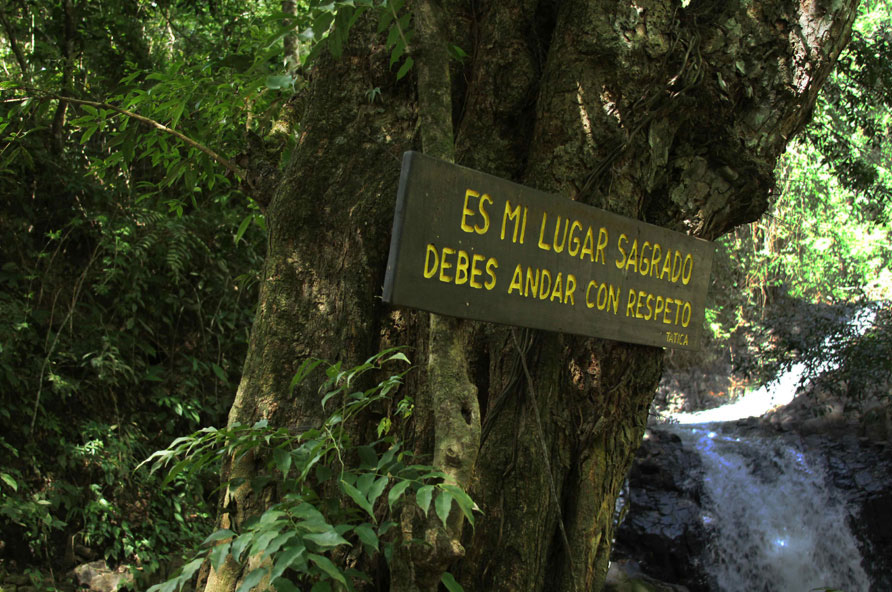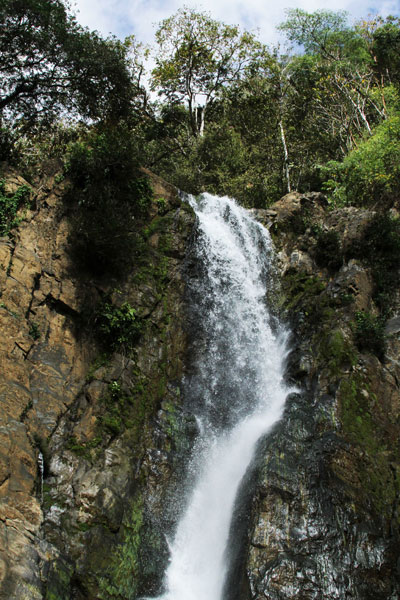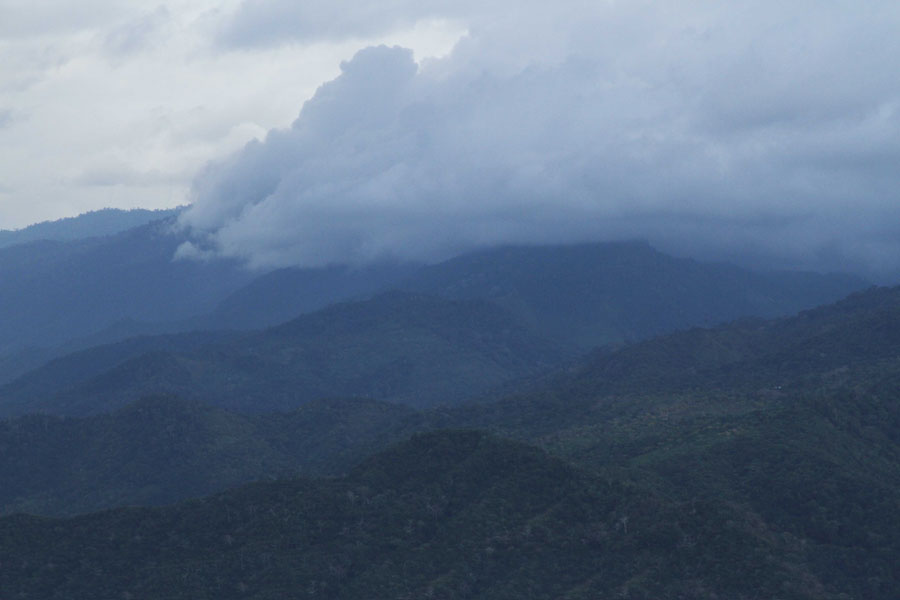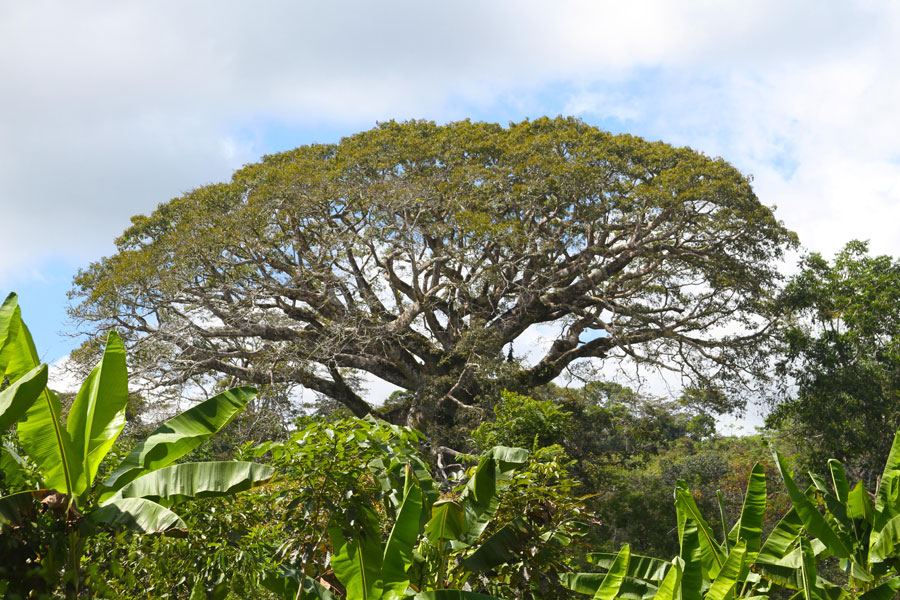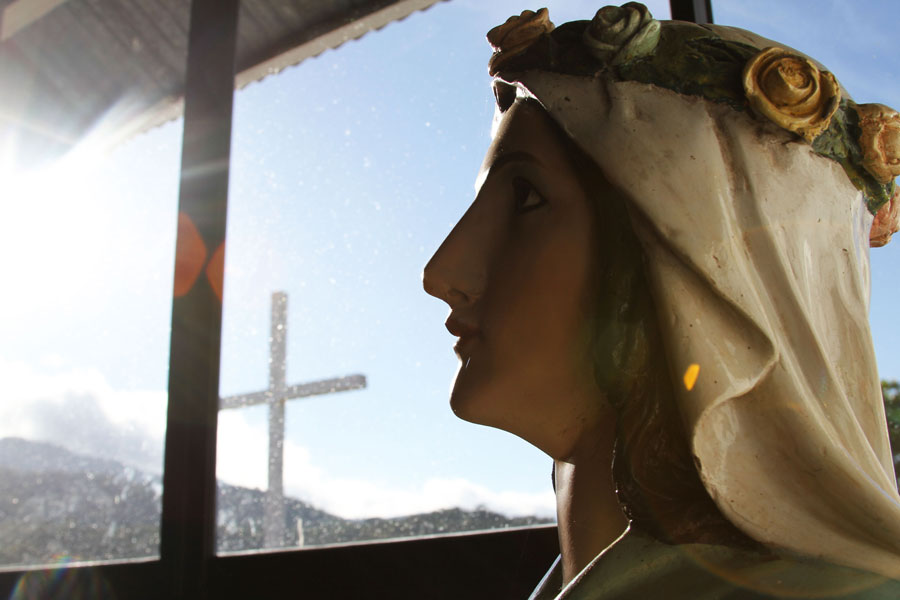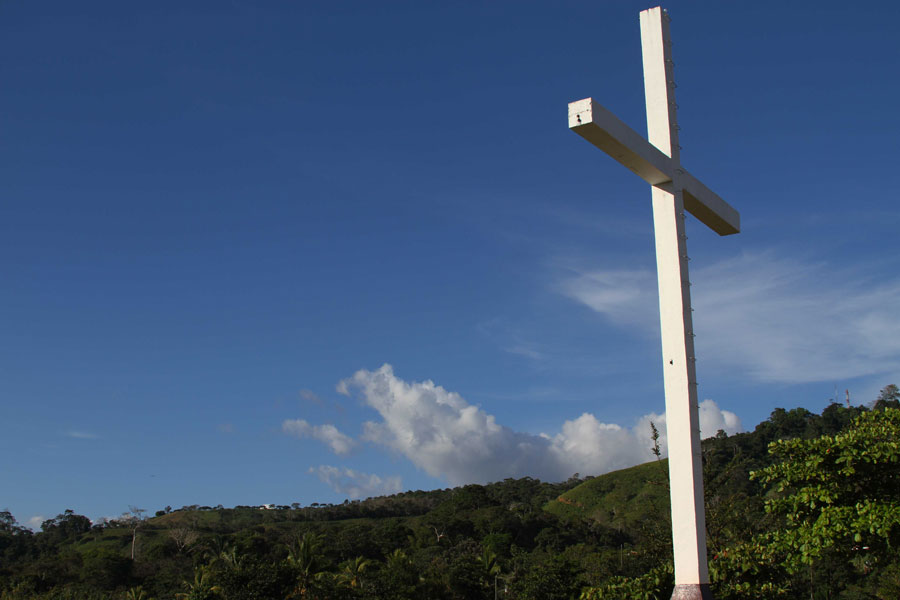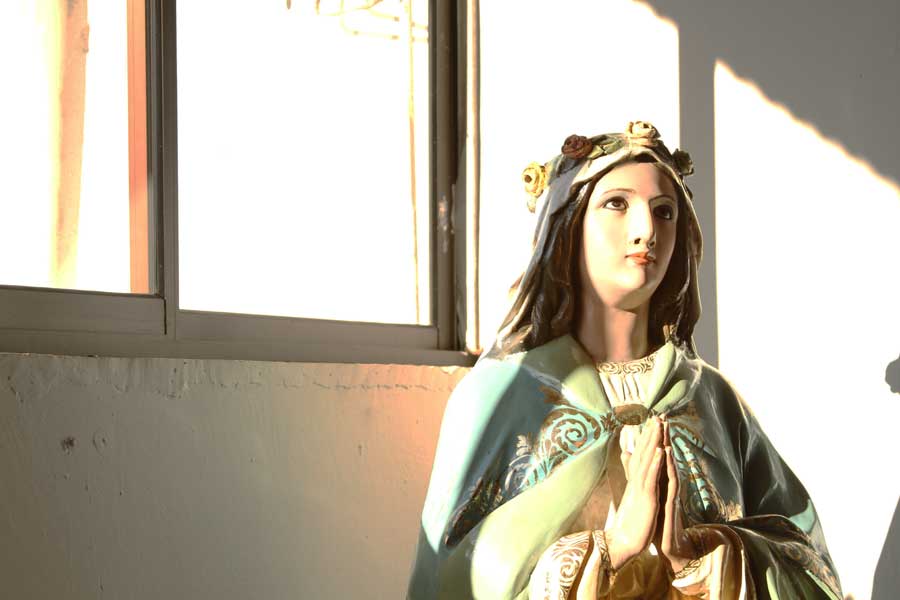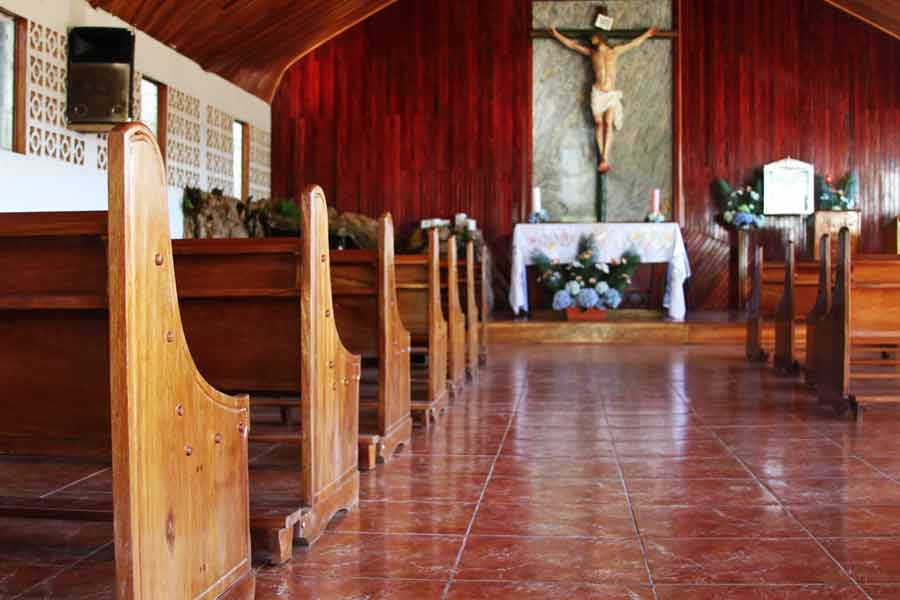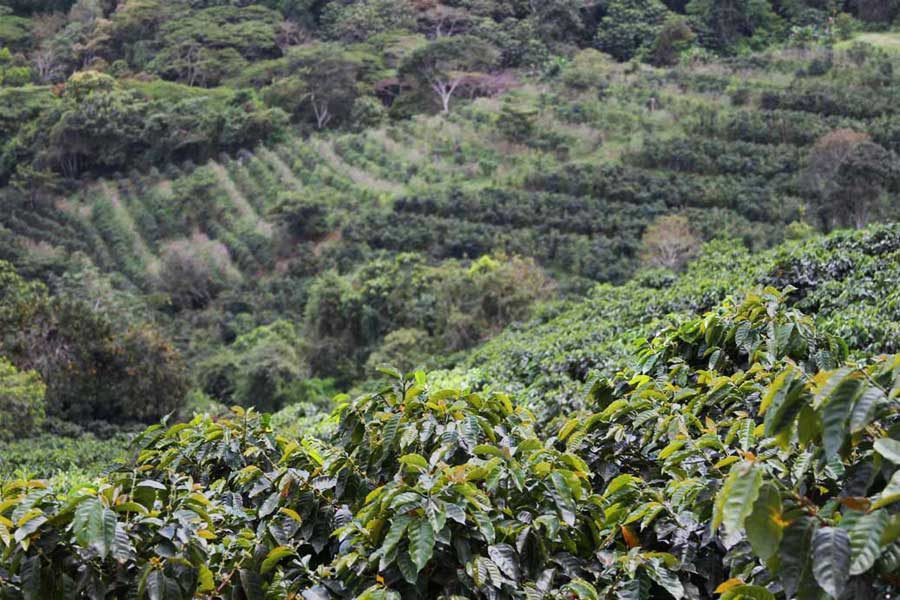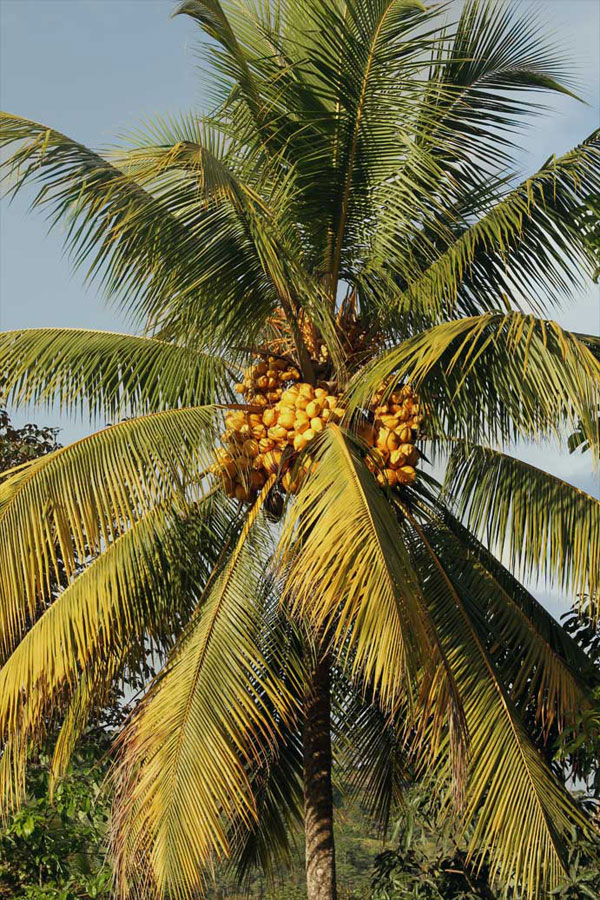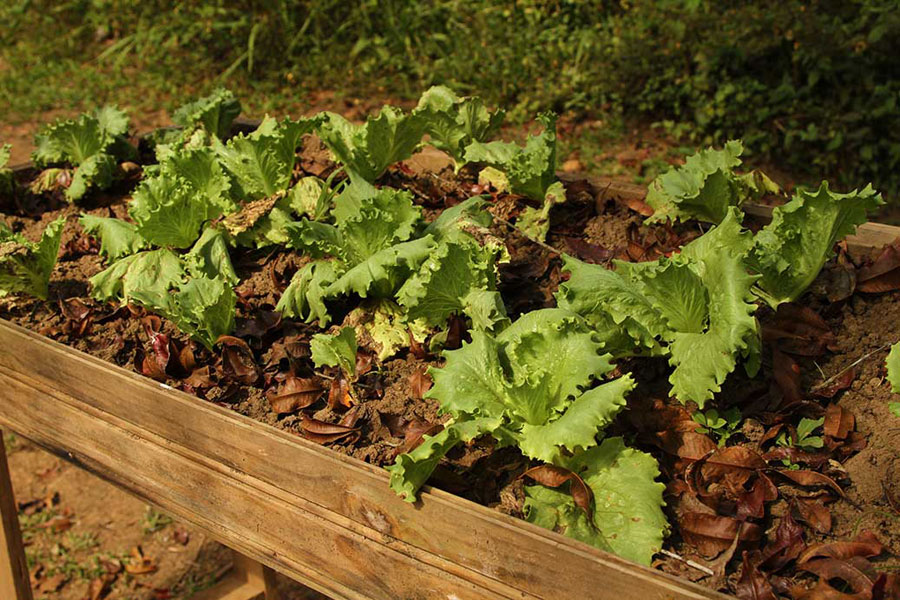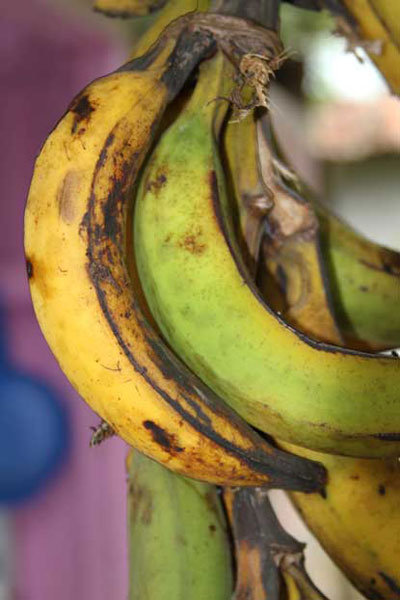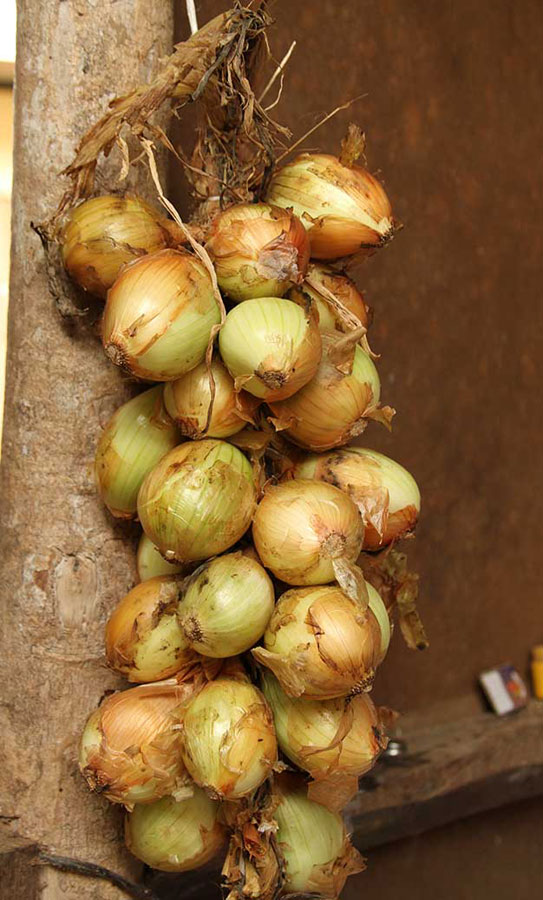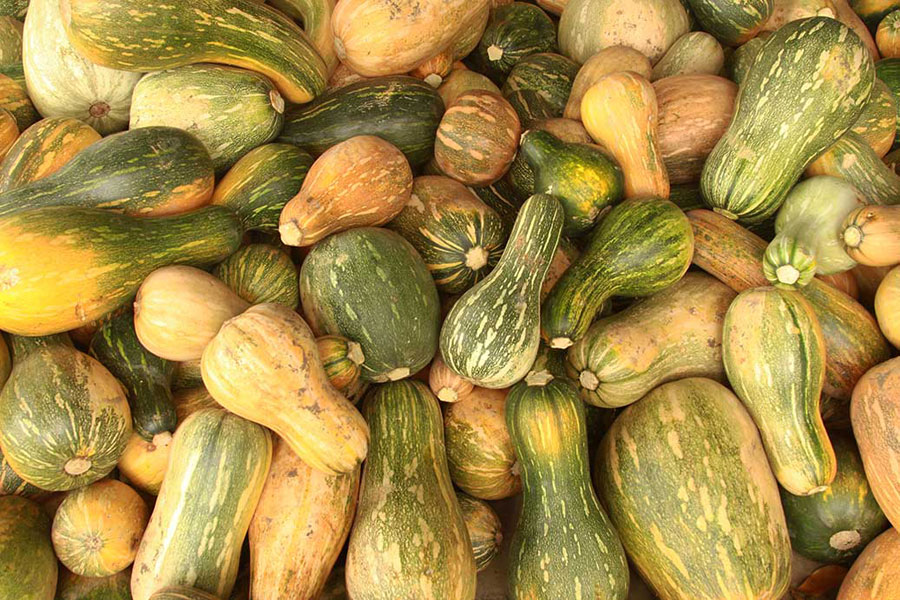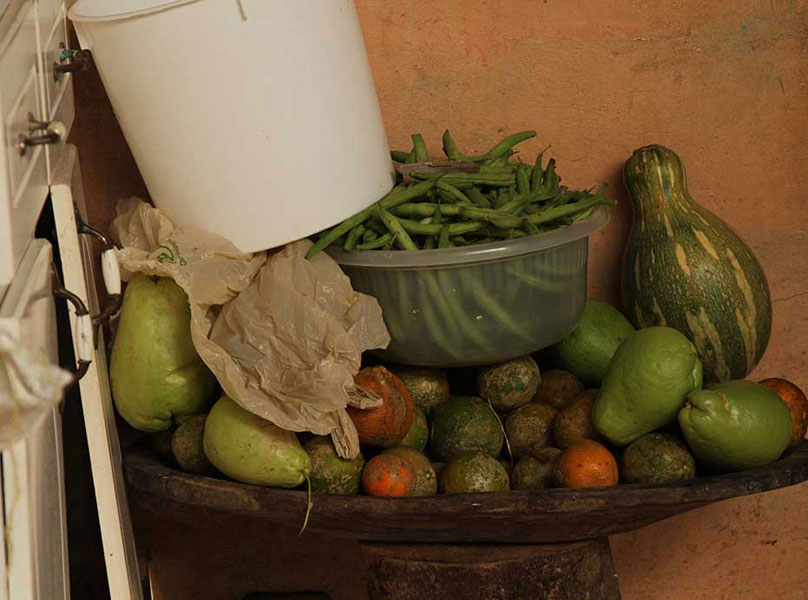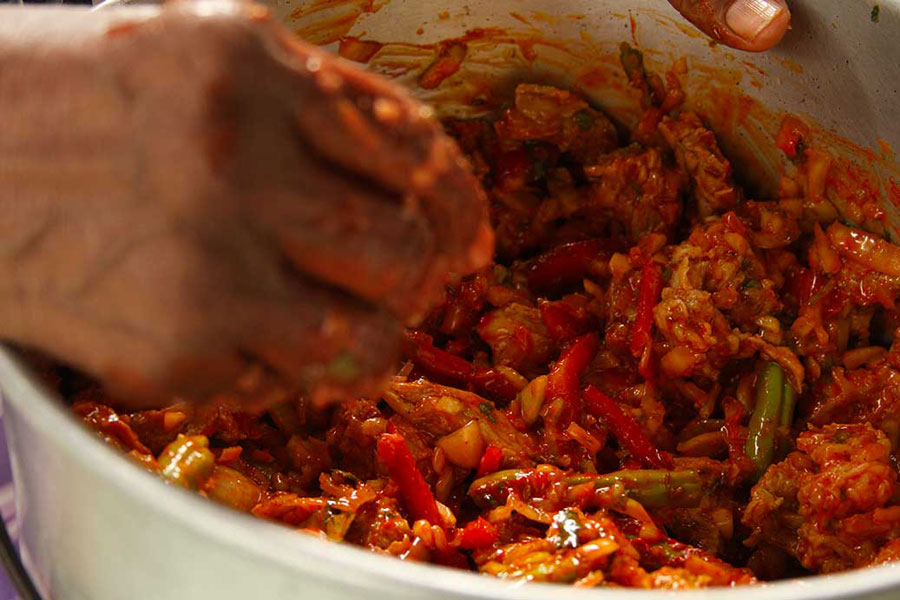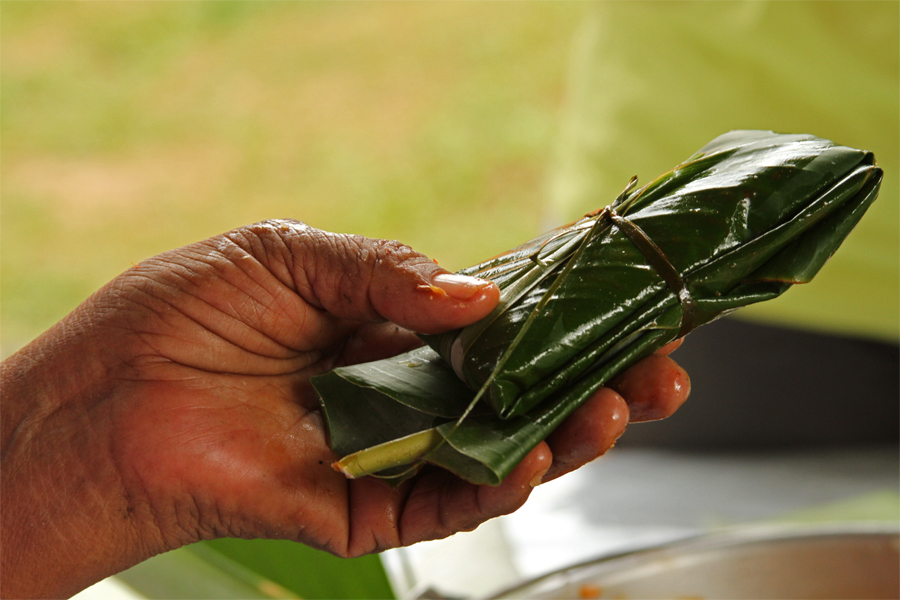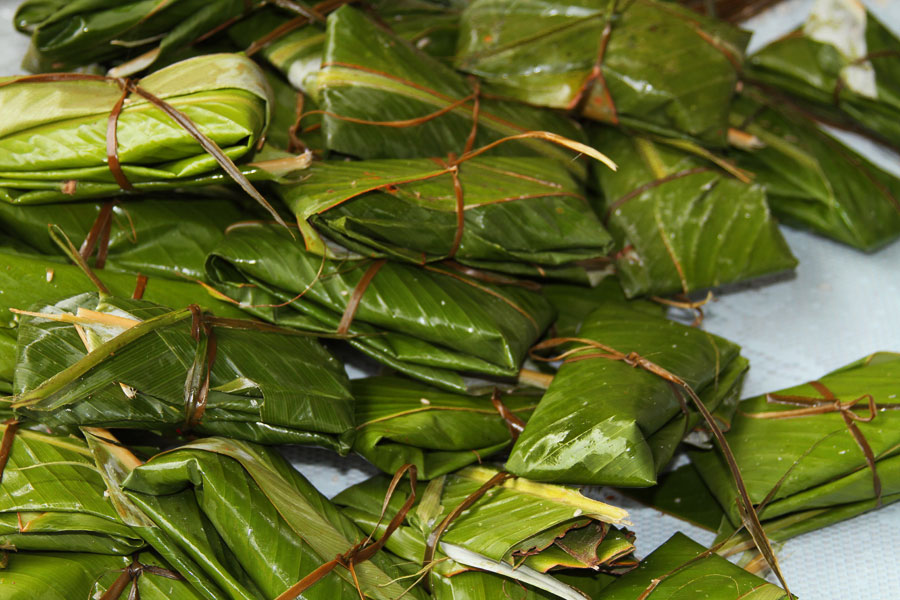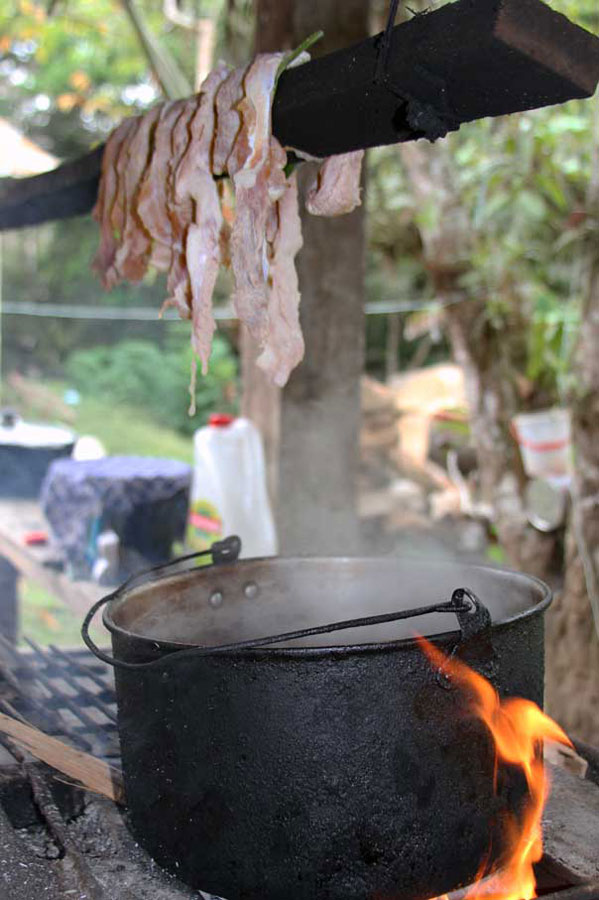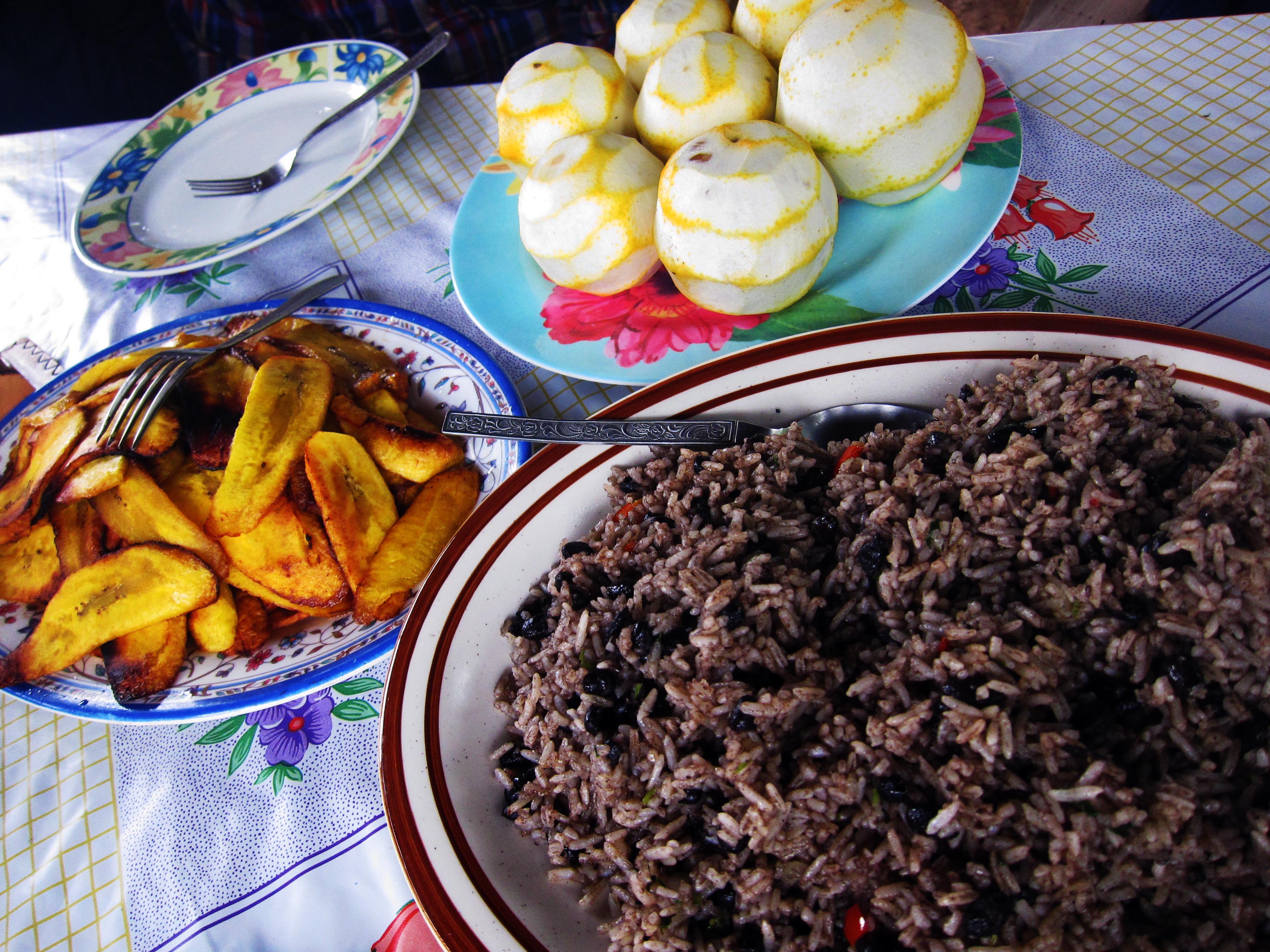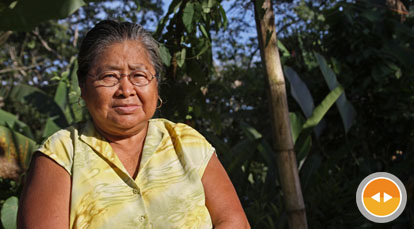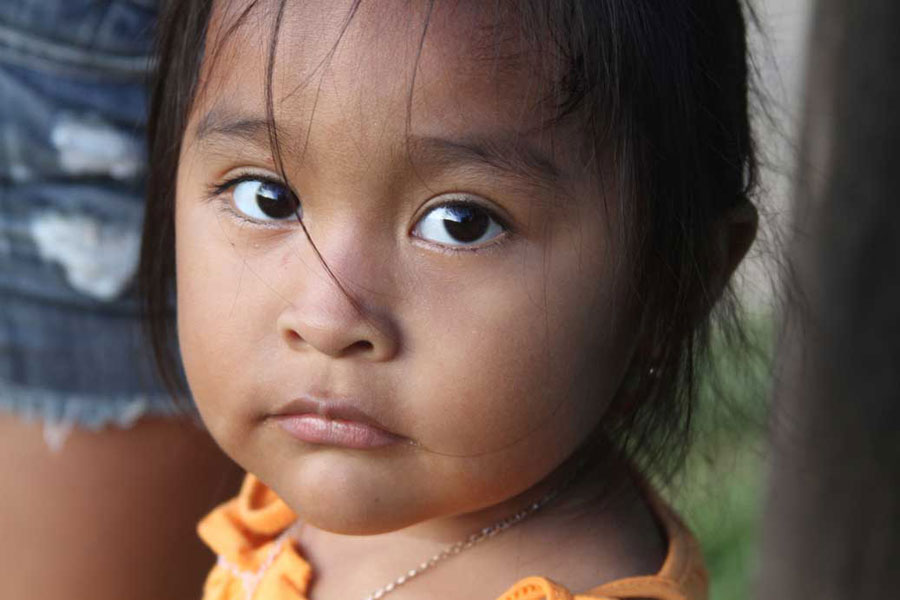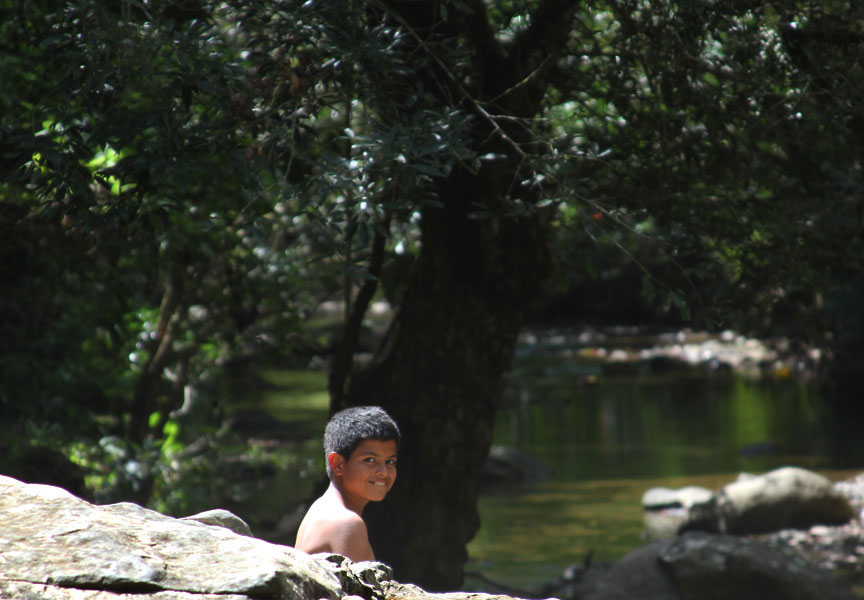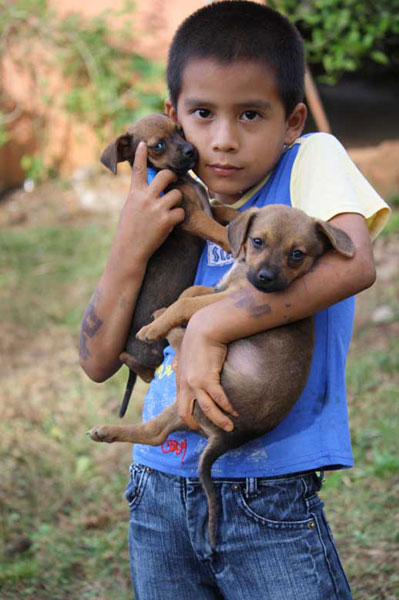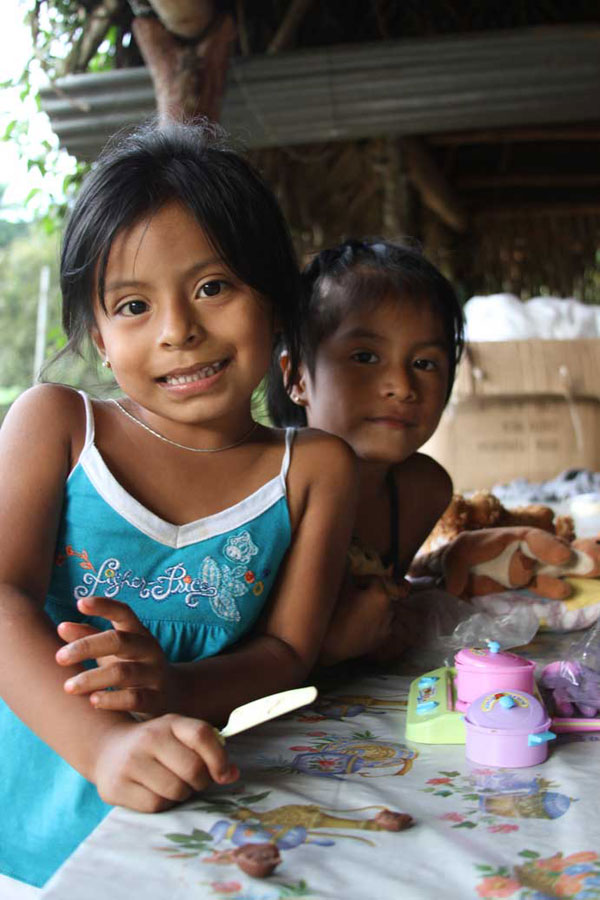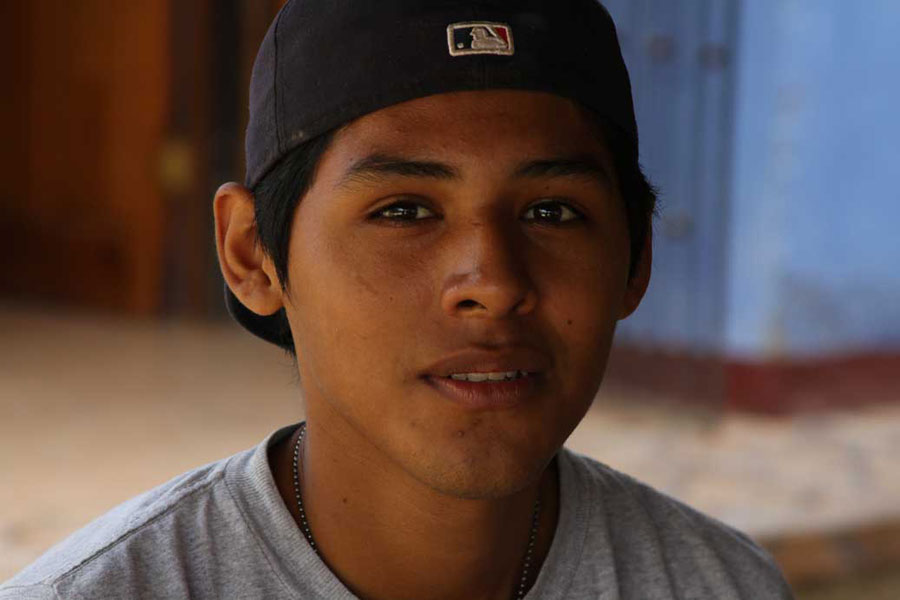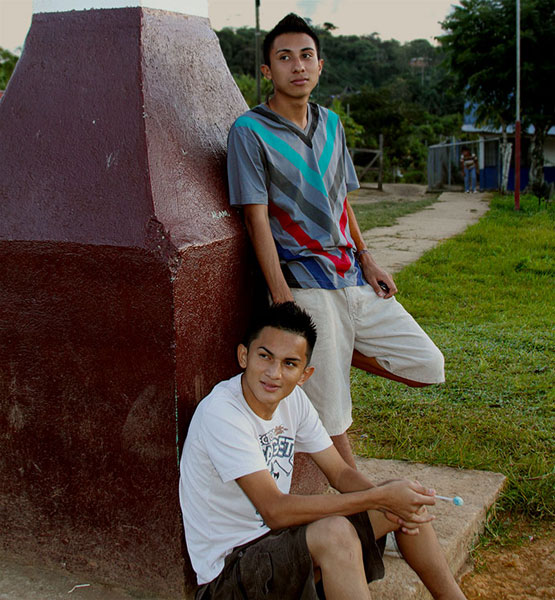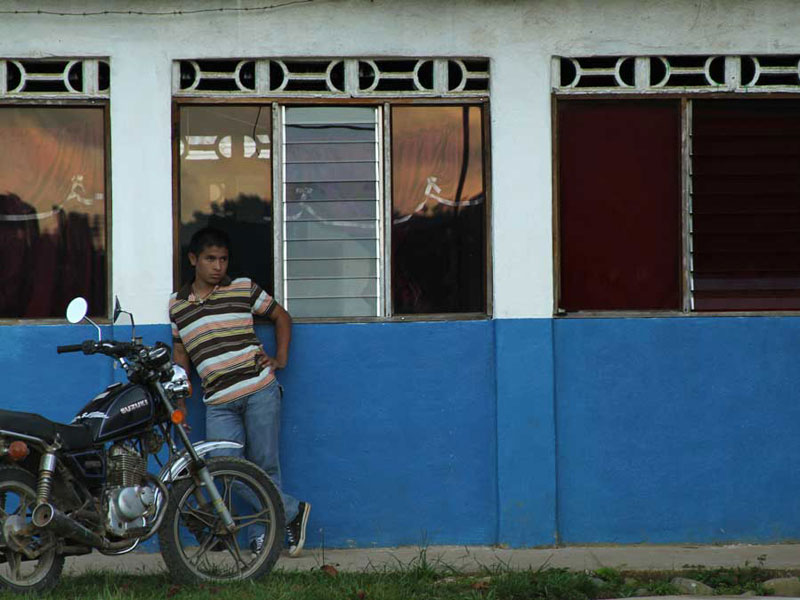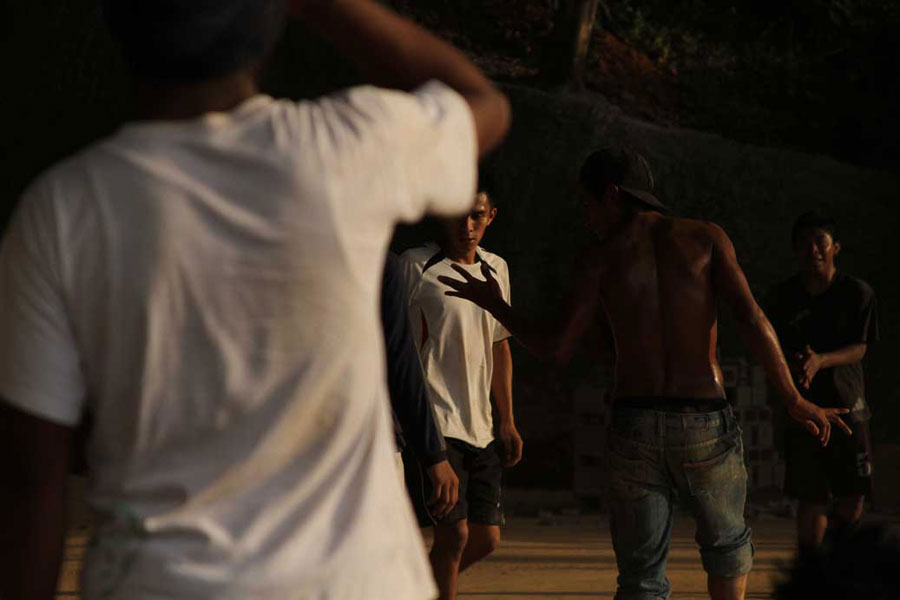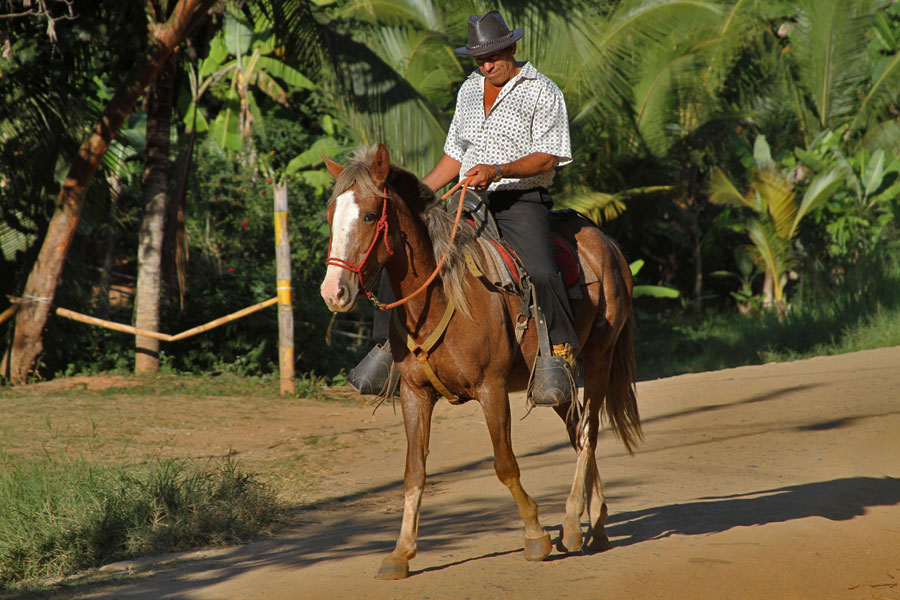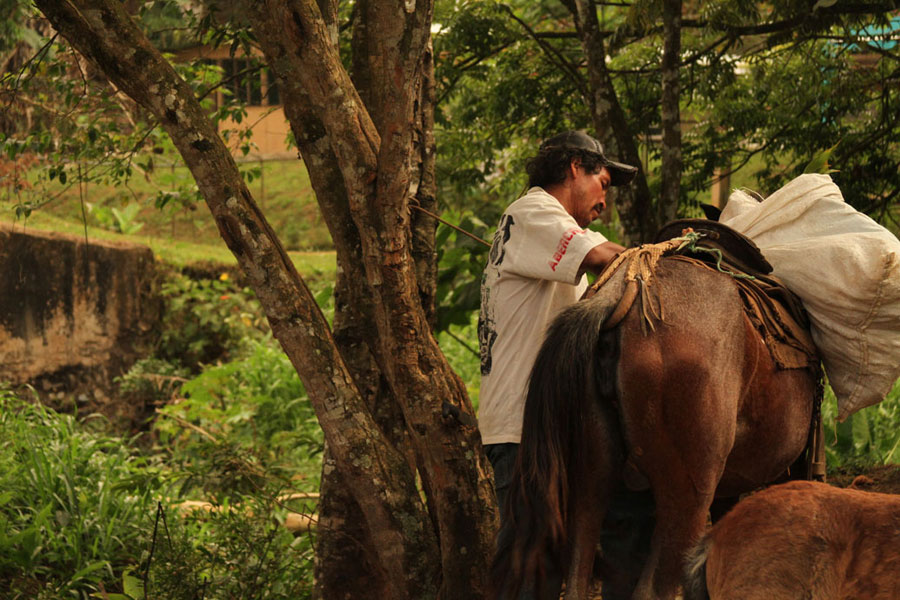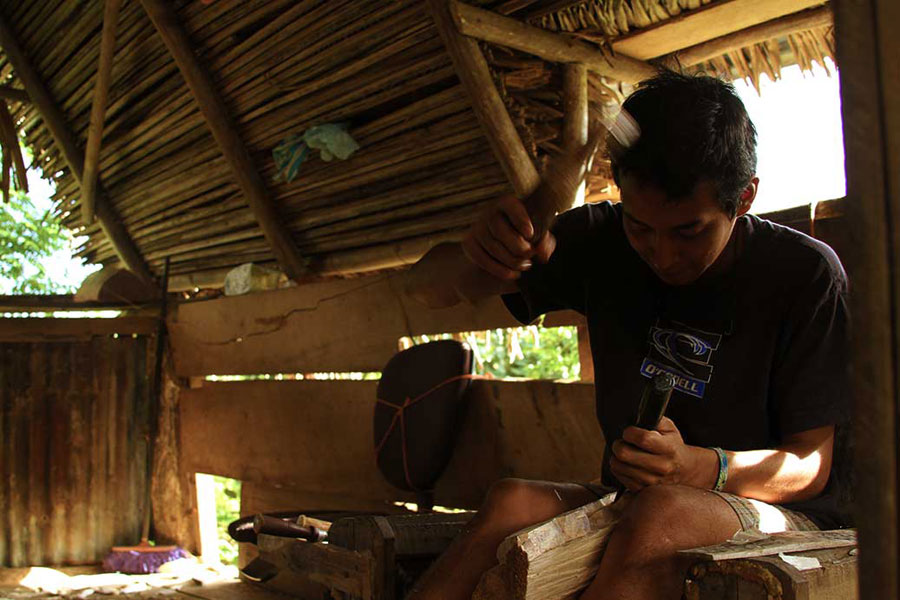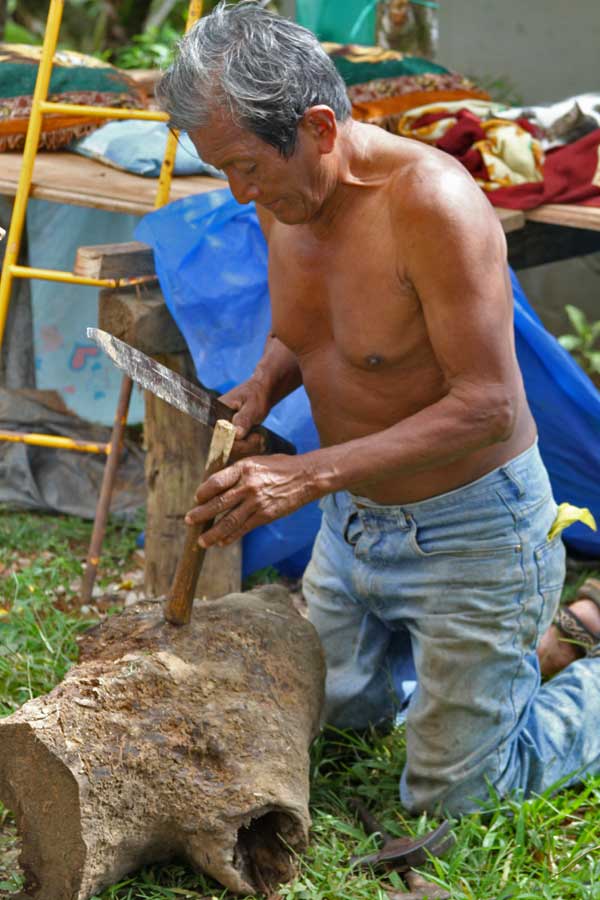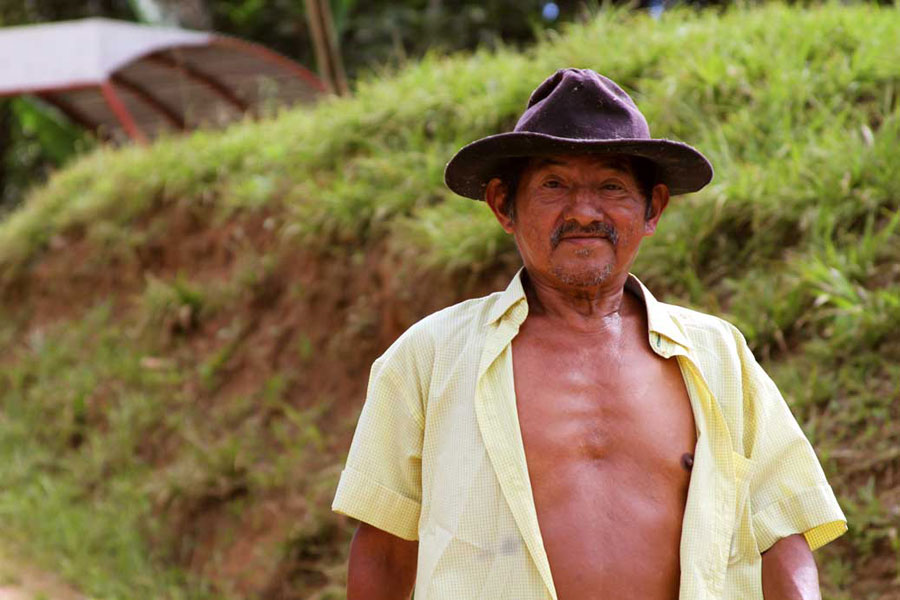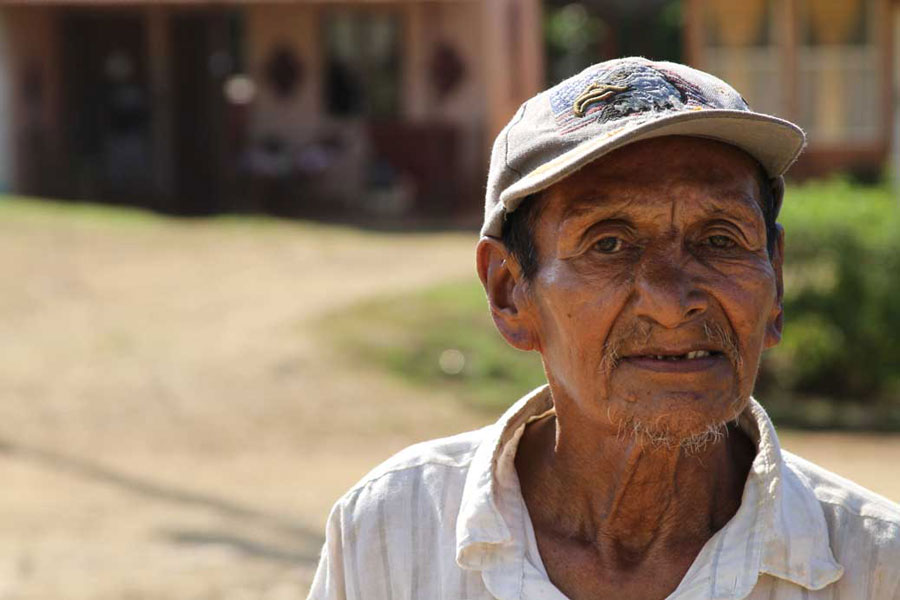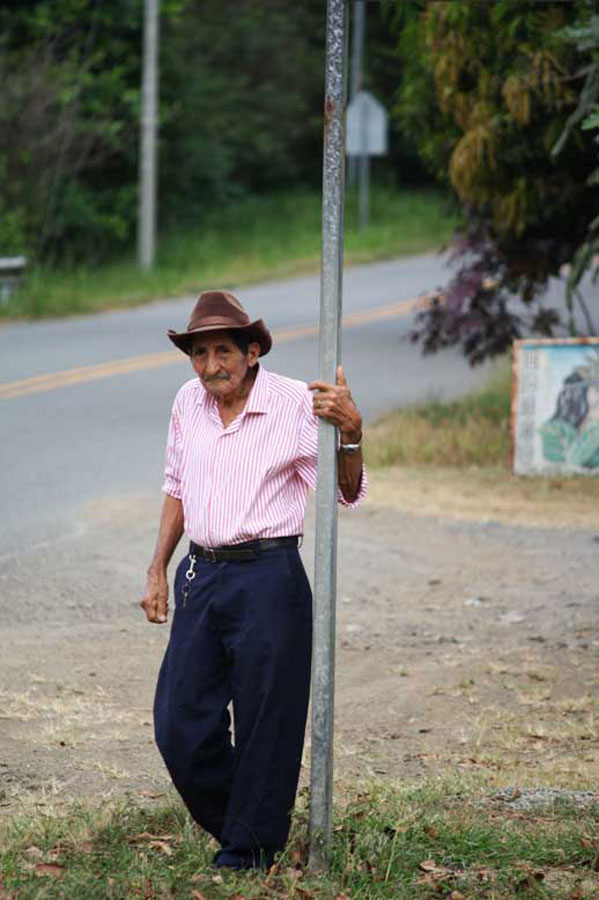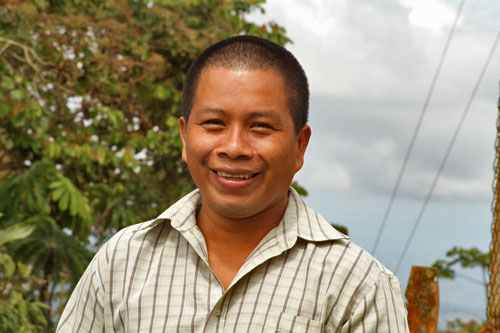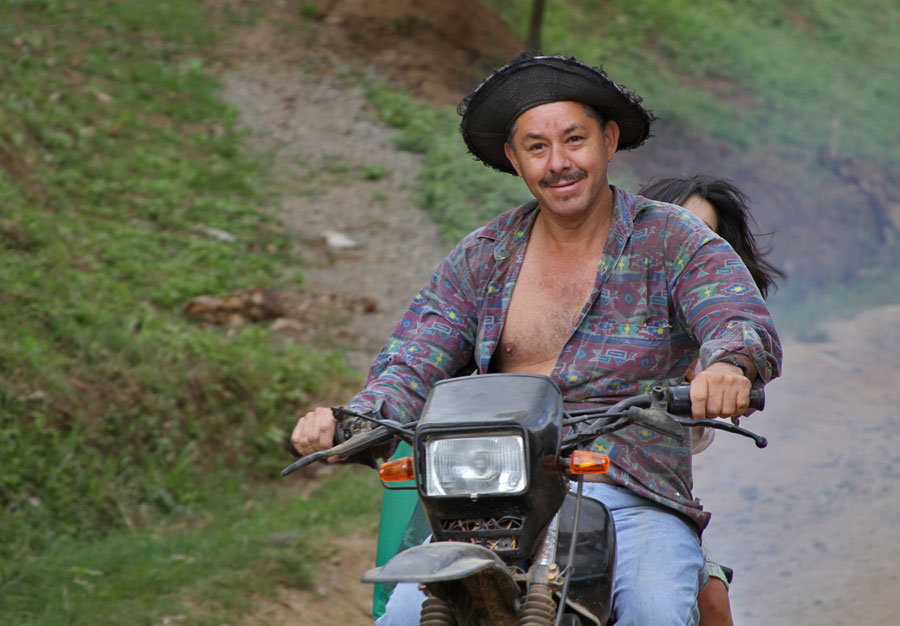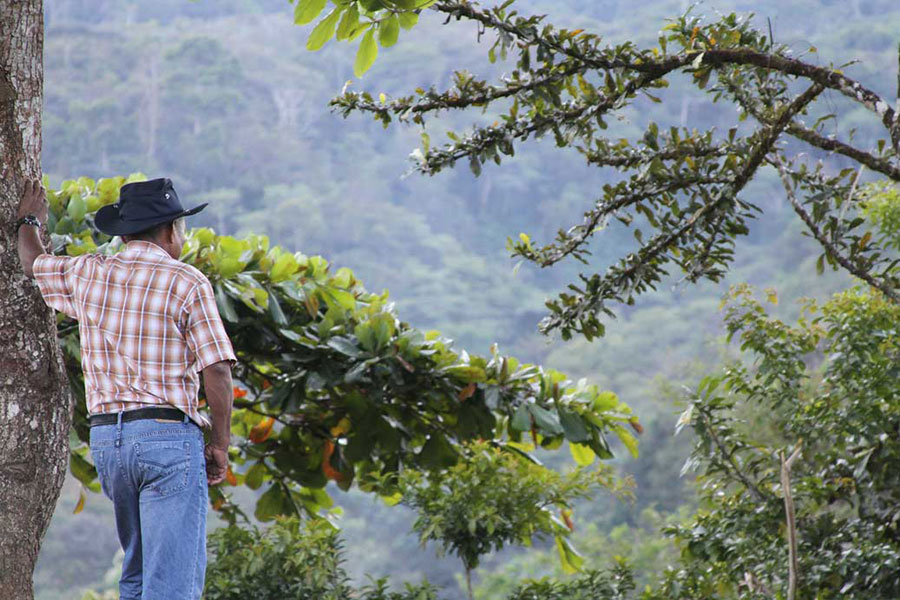culture
Located deep in the Talamanca mountains, the Borucas remained isolated during Spanish colonization, aiding in the preservation of their culture. Daily life reflects a self-sustaining agricultural village, supplemented by craft-making and ethnotourism. Experience Boruca culture through its food, faith, medicine, school and the people themselves.

Legends, passed down, are an important part of Boruca spirituality. Each story honors humanity’s connection to nature. Local places where the Boruca legends originated are regarded as sacred and given much respect. Before the arrival of the Spanish, Boruca and its neighboring tribes believed in a god named Sibú, and such beliefs have not been completely lost. In the 1500s, the Spanish introduced Roman Catholicism, and most today identify as such while holding fast to the respect and spirituality found in the old tales.
faith
In addition to subjects like math, science and history, the Boruca education includes cultural classes and Boruca language classes. Growing efforts to retain Boruca culture and traditions are essential to the curriculum. Culture classes are both practical, teaching carving and other crafts; and theoretical, focusing on language, history, and legend.
education
food & agriculture
Boruca is a sustainable farming community. Crop fields are embedded up and down the hills of its mountainous landscape. Families grow rice, beans, coffee, cacao, fruits, corn and tomatoes. They raise beef, chicken and pork. Most people grow only enough food to feed their families. Rice and beans are essential to any meal. Corn tortillas and tomatoes are included almost as often, while plantains are a delicious addition for breakfast or dessert. Any good Boruca celebration also includes their unique variety of tamale made with rice. Make your own tamales with this tamale recipe (PDF).
medicine
Although the village is equipped with its own small medical center, a few villagers are still trained in traditional Boruca medicinal practices. Some of the all-natural and plant-based remedies are taken from the surrounding hills and streams. These ancient practices are renowned in the region, especially in regard to women’s health. Watch the interview with Victoria Gonzales to learn more.


